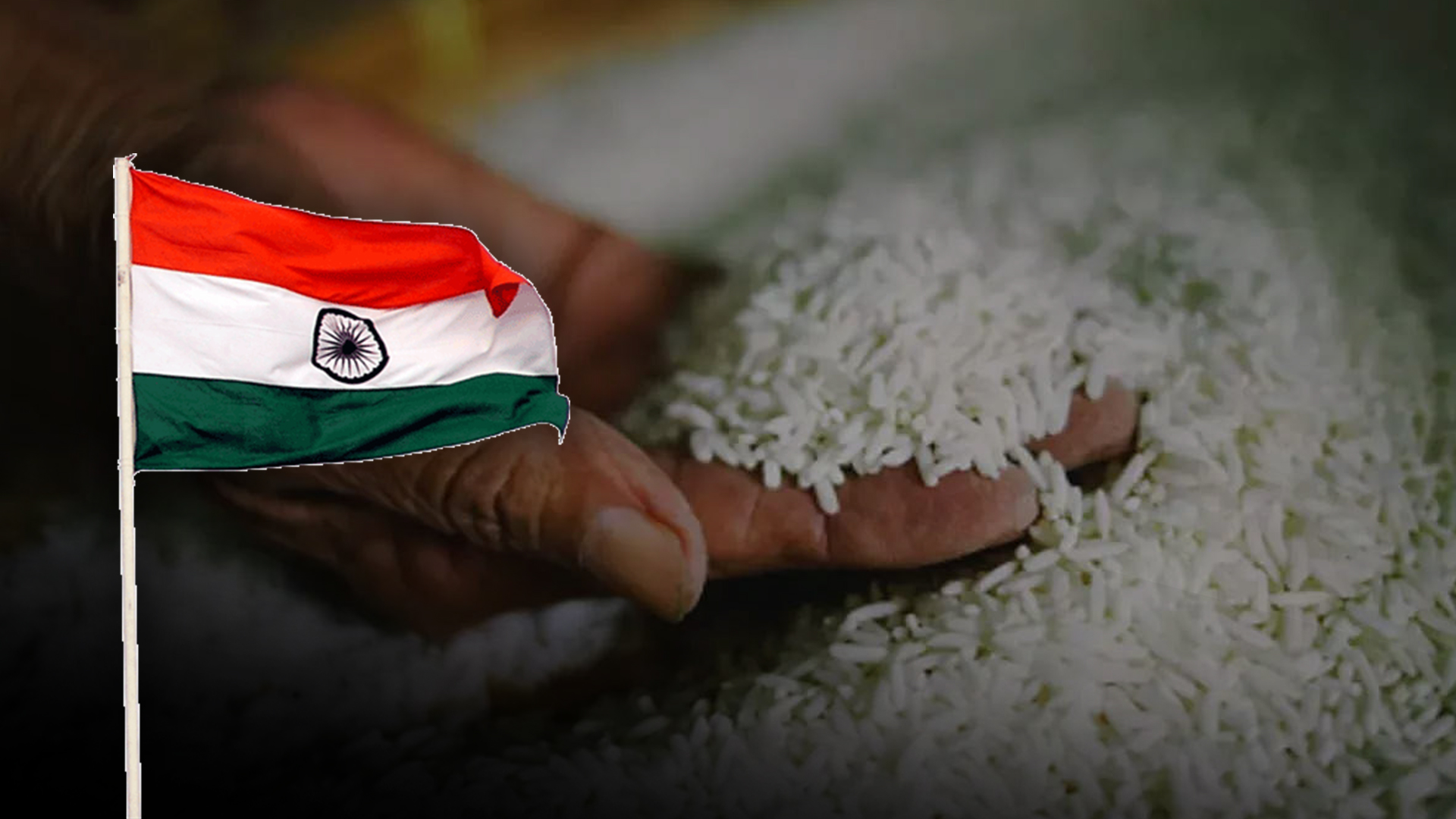Concern among non- residents Indians (NRI) in the United States(US) has been raised by Indian’s recent prohibition on the exports of rice, which has caused a spike in the prices for the staple product. Precisely as a consequence, many NRI’s are trying into purchasing multiple rice bags at their nearby supermarkets in order to set prepared for the upcoming crisis and price hike.
The sizable NRI population in the United States is witnessing the effects of its prohibition. There is a scramble to stock up on rice as a result of widespread concerns about its pricing and availability. Sales of rice bags have increased in neighbourhood grocery stores, with some customers purchasing large quantities.
The Times of India reported that the prohibition has caused panic buying due to a potential rice shortage in North America, Europe, and West Asia. Long lines have formed outside Indian food stores in the area as a result of this.
A number of grocery stores in significant cities in Texas, Michigan and New Jersey are said to be congested, particularly with numbers of Tamil communities.
More than 3 billion people worldwide eat rice as a staple grain, and Asia accounts for almost 90% of the world’s production of this water-intensive crop.
The 40% of the world’s rice exports that India has banned have had a profound impact on the worldwide supply chain. The Asian rice market paused as traders anticipated a sharp increase in price in the following days as a result of this ban.
India’s export of non-basmati white rice increased by 35% year over year in the second quarter due to growing global demand.
Due to the Indian Government’s ban on the export of non-Basmati rice types, it has been claimed that the non-resident Indians in the US are transporting dozens of rice bags from India and bringing them home.
According to a restaurant owner reported in the daily, there was no rush for rice at the grocery stores in the UK or Ireland.
African nations, Turkey, Syria, and Pakistan are among the nations that the prohibition is anticipated to affect; all of these nations currently see significant increases in food prices.
Bangladesh, Senegal, Ivory Coast, Togo, Guinea, Benin, and Nepal are among the top consumers of Indian non-basmati rice.
In response to worries about anticipated low output brought on by a decline in the area under paddy crop, India banned the exports of broken rice in September and slapped a 20% levy on exports of non-Basmati rice, with the exception of parboiled rice, although it later removed the ban in November.
India has already diminished its sugar and wheat exports last year to keep prices in tune.
Due to the Covid epidemic, war in Ukraine and the effects of the EI Nino weather phenomena on the production of rice prices have risen to decade high levels on worldwide markets.








0 Comments